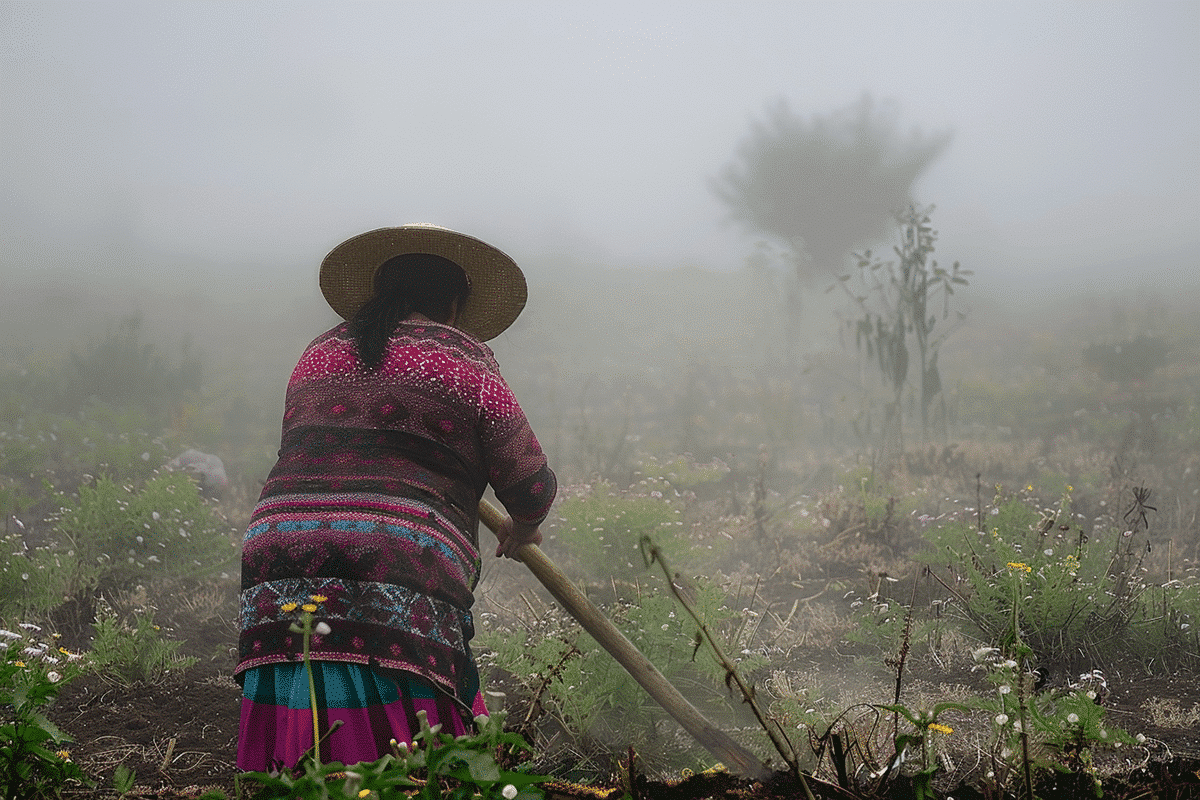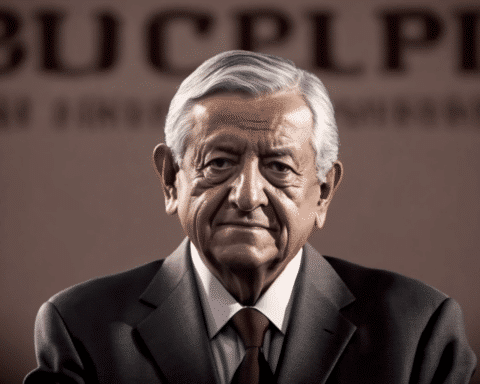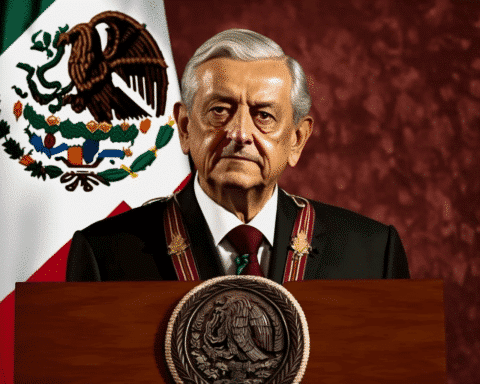In the heart of southern Mexico, where the morning silence is punctuated by the soft shuffle of women and girls embarking on their daily chores, a quiet revolution is brewing. Despite the imminent possibility of Mexico’s first female president, Indigenous communities like Tojolabal in Chiapas still grapple with entrenched gender disparities.
In Tojolabal, young women rise before dawn to grind corn and fetch firewood, shouldering responsibilities that have traditionally fallen upon them. Yet, in the shadows of their daily toils, conversations about gender equality are emerging. At the Plan de Ayala high school, discussions led by Indigenous women shed light on the persistent challenges faced by women in their community.
While Mexico celebrates strides toward gender equality on the national stage, in places like Plan de Ayala, women remain sidelined from local governance. Decisions on resource allocation and community priorities are dictated by men, leaving women voiceless in their own homes and communities.
Despite these obstacles, Indigenous women are driving incremental change. From grassroots activism to education initiatives, they are challenging centuries of marginalization. Juana Cruz, a veteran activist, leads efforts to combat domestic violence, promote education, and demand basic services for her community.
The legacy of the Zapatista uprising looms large in this landscape. Sparked in 1994, the movement demanded recognition of Indigenous rights and autonomy. Though progress has been made, poverty and inequality persist, particularly for Indigenous women who endure the lowest rates of literacy and land ownership.
In Las Margaritas, where Cruz resides, signs of progress emerge amidst the struggles. More girls are rejecting traditional norms and aspiring for education. Organizations like Ch’ieltik are empowering Indigenous youth through dialogue and reflection, fostering pride in their heritage.
As Mexico stands on the brink of electing its first female president, hopes are mixed with skepticism in Indigenous communities. While some see potential for change, others remain wary of politicians’ commitment to Indigenous issues. The leading female presidential candidates, Claudia Sheinbaum and Xóchitl Gálvez, have not prioritized Indigenous concerns in their campaigns.
Despite the uncertainty, young women like Madaí Gómez remain optimistic. Gómez, at 18, embodies the resilience of her generation. She dreams of gender equality and a future where women’s voices are valued as much as men’s.
As the sun sets on Plan de Ayala, Gómez takes to the local soccer field, embodying the spirit of determination that defines her community. In her footsteps, a generation of Indigenous women marches toward a future where their voices resonate, where their dreams are not bound by tradition but fueled by hope.
In the midst of Mexico’s political landscape, where power often rests in the hands of men, Indigenous women are rewriting the narrative. Their journey towards equality may be slow, but with each step, they pave the path for a more inclusive and just society.




